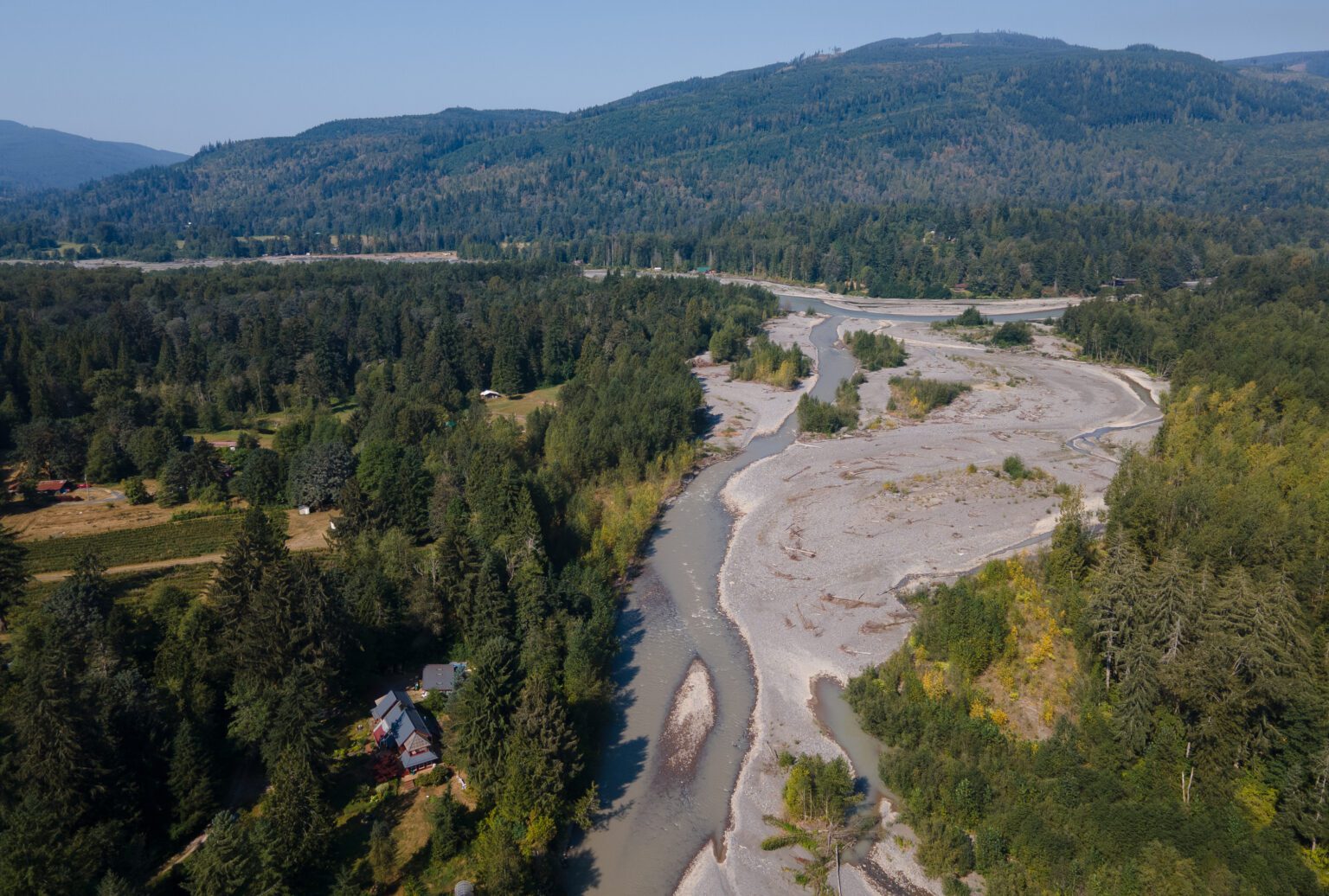The bulk of Washington state's $69.5 billion biennial budget recently approved by the Legislature will go toward other needs, but significant funds have been set aside for environmental and climate change goals across the state, including Northwest Washington.
Whatcom County
Political newcomer Joe Timmons, of Bellingham, saw success in his first legislative session, where he sponsored House Bill 1792, which examined timelines and procedures for the impending Nooksack River water righ


Try us out
Enjoy 24 hours of unlimited digital access to CascadiaDaily.com for just $1!
Unlock the paywall



